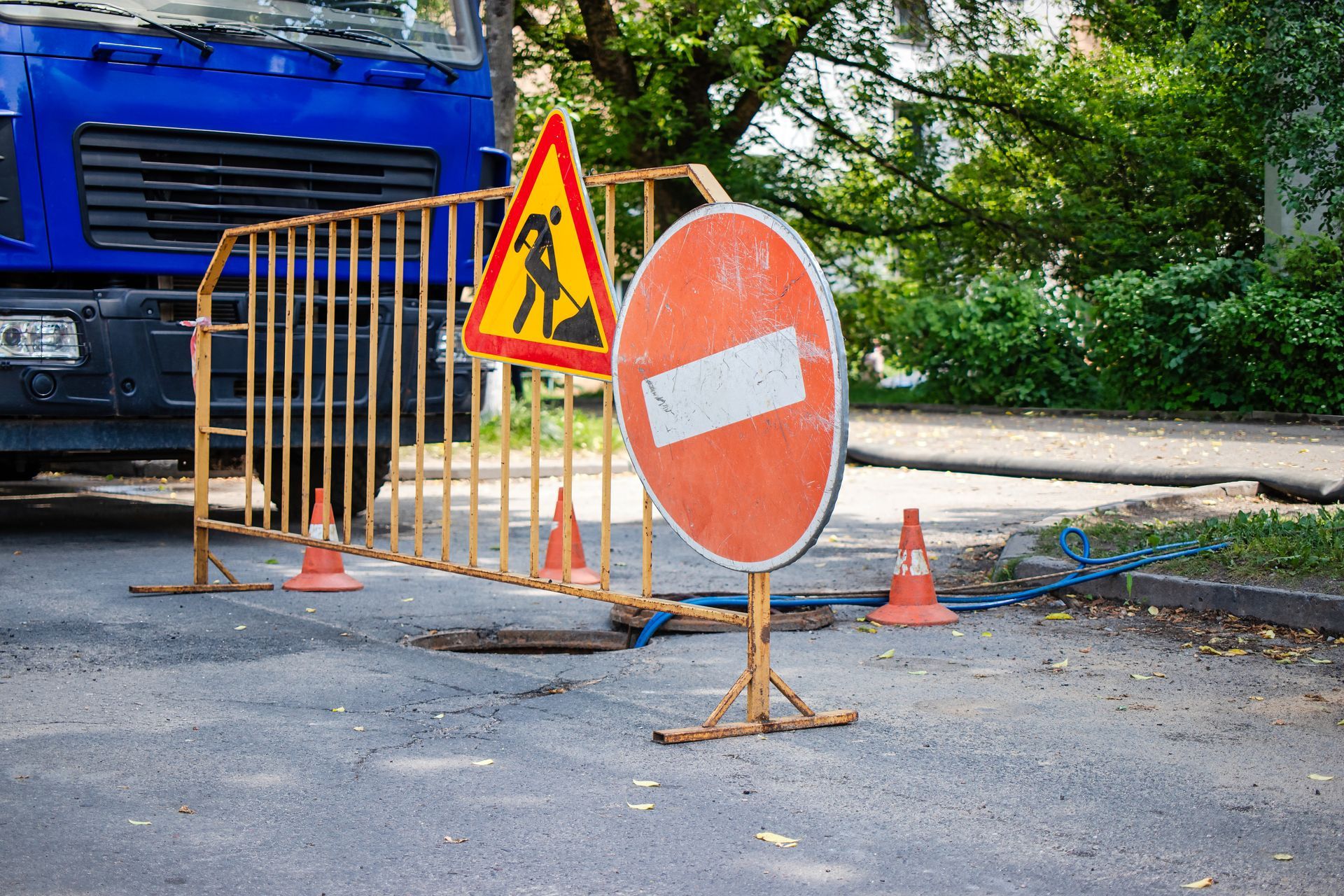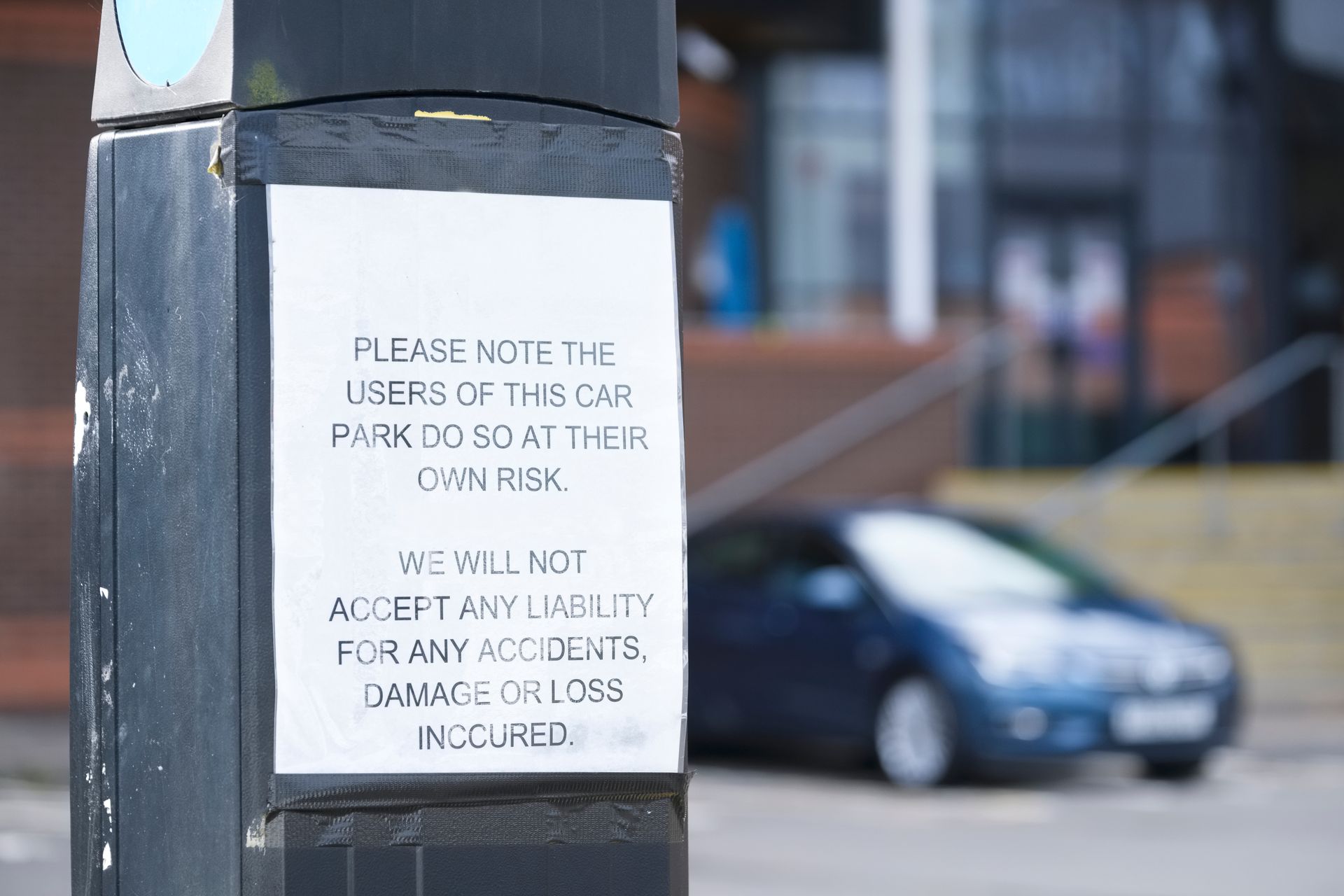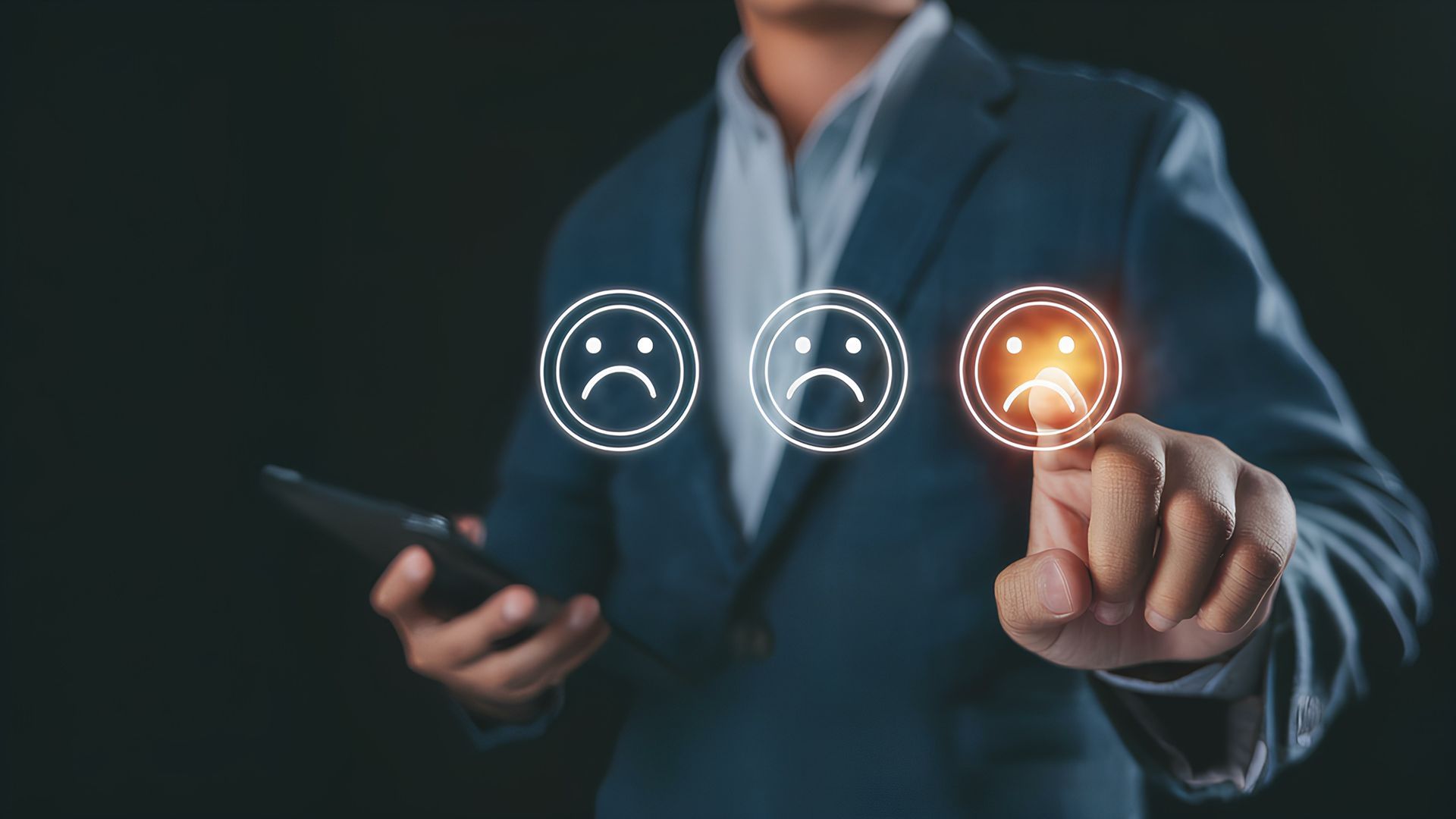Blog

Facing a personal injury lawsuit can be a daunting experience for any business owner. Whether it’s a customer slipping and falling on your premises or an employee causing a car crash while they were fulfilling their job duties, such lawsuits can have serious financial and reputational implications. To navigate these challenges effectively, it’s crucial to have a clear plan of action.
1. Stay Calm and Assess the Situation
When a personal injury lawsuit is filed, it’s natural to feel overwhelmed. However, staying calm and methodically assessing the situation is always preferable to acting rashly and emotionally. Begin by gathering all the relevant information about the incident including when, where and how it happened.
Don’t get into shouting matches with the plaintiff or throw around accusations. Instead, check any incident reports, security footage and witness statements available. Find out if you can confirm they were on the premises when the alleged incident occurred and whether an accident report was ever made. Carefully read through the lawsuit to determine the claims made against your business and the potential damages being sought.
2. Notify Your Insurance Company
Most business insurance policies include coverage for personal injury claims, but it’s critical to report the incident promptly to make sure that your insurance company can begin your defense as soon as possible. Your insurance company will typically appoint (and pay for) an attorney to represent your business, so it’s important to cooperate fully by:
- Submitting Documentation:
Provide your insurance company with all relevant documents, including incident reports, witness statements and any other evidence you’ve gathered.
- Review Your Policy: Know the specifics of your insurance coverage, such as deductibles, coverage limits and any exclusions.
- Cooperate With Your Legal Team: Work with the insurance company’s lawyers by being open and providing any background information or evidence they ask for.
3. Preserve Evidence
- Save Security Footage: If the incident was caught on camera, make sure that the footage is preserved and not overwritten.
- Maintain Physical Evidence: Keep any physical evidence related to the incident, such as damaged property or equipment, in a secure location.
- Document Everything: Preserve all relevant documentation, including maintenance records, employee training logs and safety inspection reports.
4. Consult with an Attorney
While your insurance company may provide legal representation, it may be beneficial to consult with your own attorney as well.
It’s important to recognize that, even though the insurance company is paying for your defense, their interests may not align perfectly with your own. For example, they might prefer to settle with a plaintiff, even if the plaintiff is wrong because they would prefer not to get drawn into long and expensive litigation. You might worry about the reputational harm settling could have for your business, or you may not want to give in to what you believe is a frivolous lawsuit.
An experienced attorney from our team at the Law Office of Cameron Hawkins can offer additional guidance and make sure that your interests are fully protected throughout the legal process.
5. Maintain Communication with Your Employees
It’s always wise to maintain clear communication with your employees. They may need to provide testimony or assist in gathering evidence, so keeping them informed and prepared is essential.
- Provide Guidance: Advise employees on how to respond to questions about the lawsuit. Remind them not to discuss the case with anyone outside of the legal team or insurance company.
- Support Witnesses: If employees witnessed the incident, ensure they are prepared to provide consistent and accurate testimony. Your attorney can help them get ready for depositions or court appearances.
6. Review and Improve Safety Protocols
A personal injury lawsuit can be a wake-up call to reevaluate your business’s safety protocols. Taking proactive steps to improve safety can prevent future incidents and reduce the risk of additional lawsuits.
Reviewing and improving your safety measures may include:
- Conducting a Safety Audit: Perform a thorough audit of your premises and operations to identify potential hazards.
- Implementing Safety Improvements:
Address any issues found during the audit, such as repairing faulty equipment, updating safety signage or enhancing employee training.
- Documenting Changes: Keep records of any changes made to your safety protocols. This documentation can demonstrate your commitment to safety and help defend against future claims.
7. Respond to the Lawsuit Promptly
It’s crucial to respond to the lawsuit within the timeframe specified in the legal documents. Failure to respond in time can result in a default judgment against your business, potentially leading to significant financial consequences.
Your attorney will prepare and file a formal answer to the lawsuit, addressing each of the plaintiff’s allegations.
During the discovery phase, both parties will exchange evidence and information. Cooperate fully with your attorney to ensure all relevant evidence is disclosed.
Secure Your Business with Top-Tier Liability Defense Representation in Atlanta
A seasoned Atlanta attorney who has handled many injury claim defense cases in the past can help you navigate the complexities of business liability. At the Law Office of Cameron Hawkins, we have years of experience protecting businesses from legal risks and can help you implement the right strategies to safeguard your operations.
Contact us today for your free case evaluation or give us a call at 678-921-4225.











